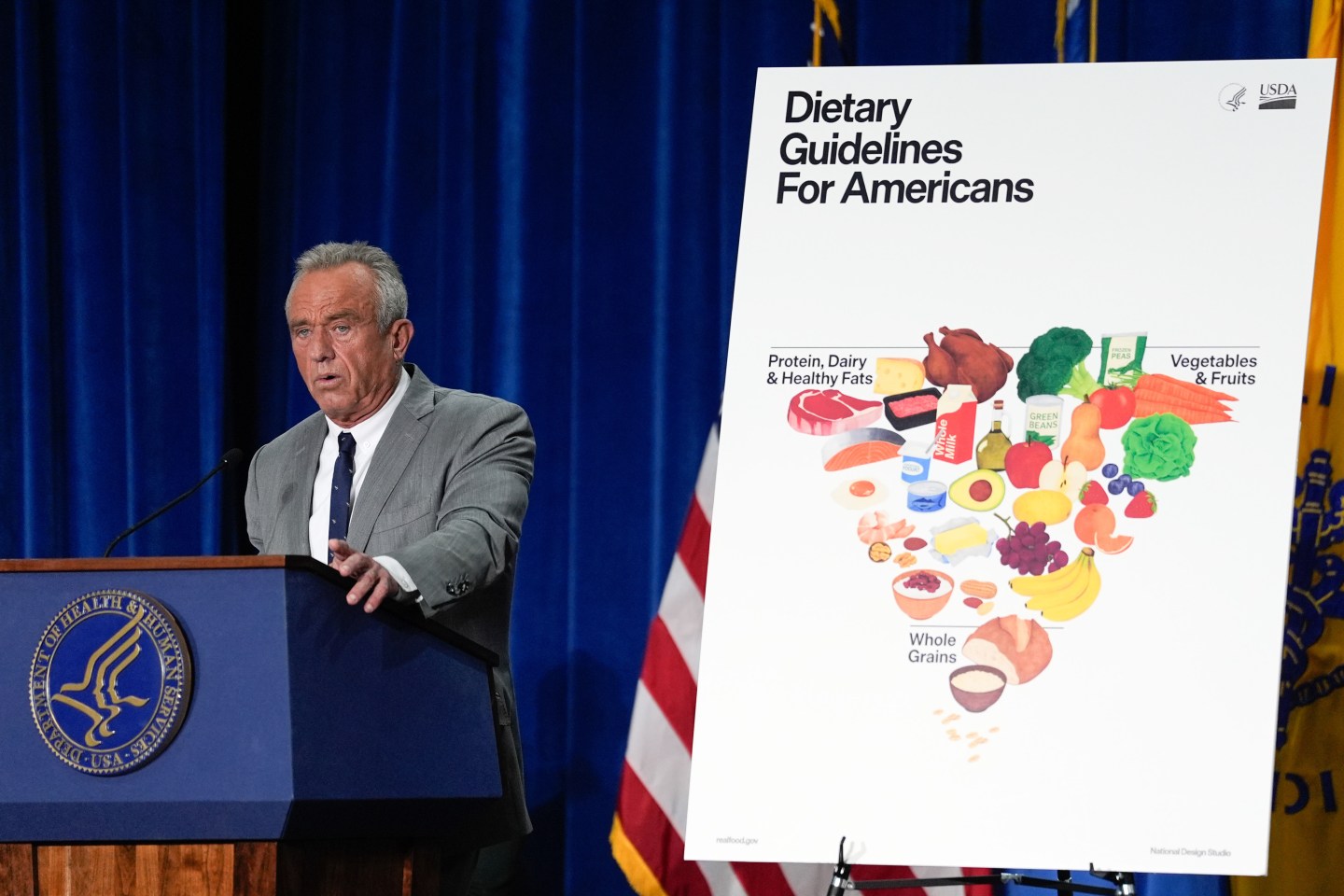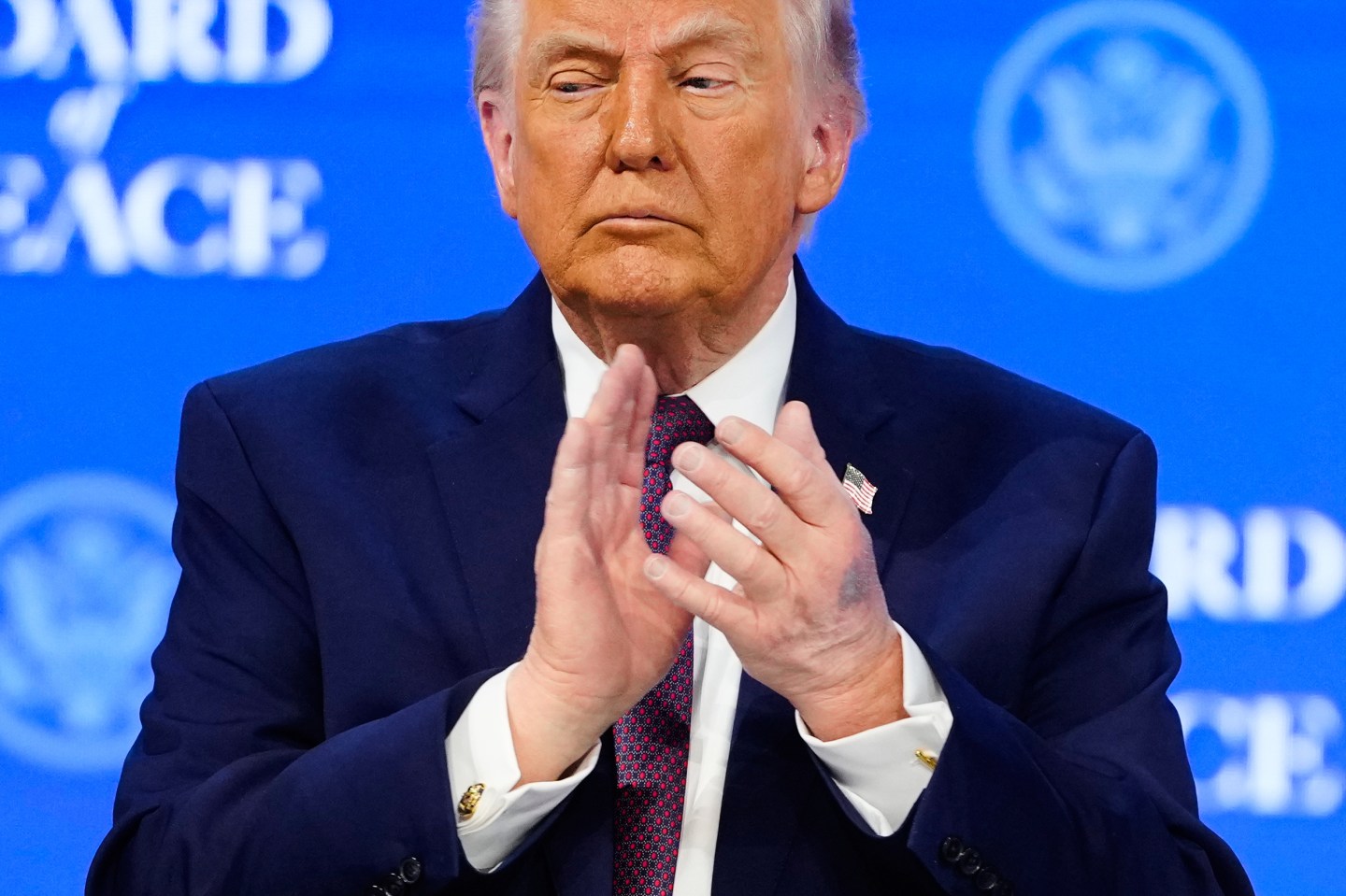A panel of experts which advises the Food and Drug Administration (FDA) has unanimously voted to recommend approval of a pioneering cancer therapy from Novartis, setting up a likely approval for the first-of-its-kind treatment. The FDA doesn’t have to follow advisory panels’ recommendations. But it usually does—especially when the vote is as lopsided Wednesday’s was (10-0).
Novartis’ experimental product, CTL019, is being recommended for children and young adults aged 3 to 25 who have hard-to-treat (or recurring) forms of the rare blood cancer B-cell acute lymphoblastic leukemia (ALL). What makes the treatment so fascinating is its underlying technology, called chimeric antigen receptor T-cell (CAR-T).
Basically, CAR-T therapy involves taking a patient’s own immune “killer” T-cells, inserting new genetic code into those cells which turn them into cancer-hunters that can home in on malignant B-cells (another kind of immune cell), and then pumping these specialized leukemia-busting cells back into the patient.
Click here to subscribe to Brainstorm Health Daily, our brand new newsletter about health innovations.
FDA panels (and the agency itself) judges experimental treatments on their safety and efficacy. On the efficacy front, Novartis’ treatment has shown real potential, according to interim trial results. The more significant question for FDA advisers involved safety. CAR-T treatments, including competing products from Novartis rivals Kite Pharma and Juno Therapeutics, come with the risk of potentially deadly side effects such as cytokine-release syndrome (CRS), in which a glut of T-cell-assisting cytokines can cause high fever, low blood pressure, and problems with lung oxygenation. Ironically, the presence of these very cytokines is also evidence that the process is actually working.
Ultimately, the potentially revolutionary benefits outweighed the risks, according to the panel.
One voter explaining his vote.
"I think this is the most exciting thing I have seen in my lifetime."
— Brad Loncar (@bradloncar) July 12, 2017
Patients who had received CTL019 and their families descended upon the panel meeting en masse Wednesday to urge an approval recommendation.
“We believe that when this treatment is approved it will save thousands of children’s lives around the world,” said Tom Whitehead, the father of a 12-year-old who is now cancer-free after receiving CTL019. “I hope that someday all of you on the advisory committee can tell your families for generations that you were part of the process that ended the use of toxic treatments like chemotherapy and radiation as standard treatment, and turned blood cancers into a treatable disease that even after relapse most people survive.”
There are still plenty of challenges ahead for Novartis and other companies in the CAR-T space. For one thing, the manufacturing process is extremely intensive since each individual batch of the drug needs to be tailored to each individual patient. That means taking out the cells, reengineering them, reaching a critical mass of genetically modified cells, and then putting them back into the patient—all of which can take several weeks to complete. This is also why companies like GE Healthcare are jumping into cell therapy manufacturing to offer companies like Novartis, Kite, and Juno large-scale production services.
But there are already concerns that supply chain costs will be transferred to the final products, potentially slapping a $300,000-plus list price tag onto the gene therapies. And, given the nature of the treatments, it’s an open question whether or not previously unrealized safety issues could prop up in patients years down the line. For now, however, patient advocates are cheering what may well be the first step on the road to a revolutionary new kind of personalized cancer medicine.
Shares of Novartis closed up 1.5% in Wednesday trading.












